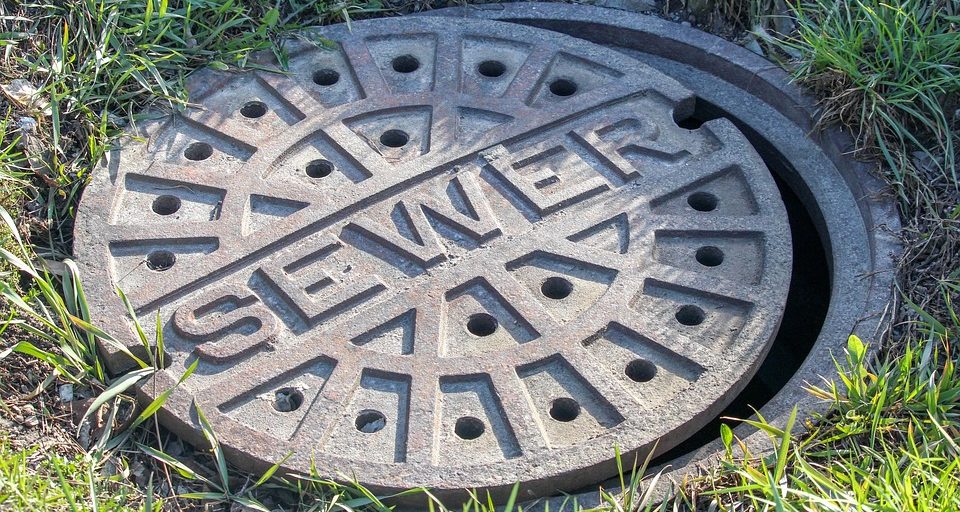Vermont city uses sewer surveillance to halt spread of COVID-19
Burlington, Vt., is monitoring its wastewater in an attempt to detect and stop the spread of COVID-19 within its area.
Vermont’s largest city is using digital utility innovation company GoAlgua’s Wastewater-based Epidemiology Program to detect the novel coronavirus in wastewater at the sewershed level, as well as neighborhood and building levels, according to a news release.
GoAlgua’s program is deployed as part of a partnership with a Fort Collins, Colo.-based laboratory, GT Molecular, which integrates sampling data from multiple wastewater locations with demographic, socioeconomic, health and water-usage data, according to the release. This allows GoAlgua to offer recommendations and guidelines in line with those of the Centers for Disease Control and Prevention (CDC).
Burlington has enlisted GoAlgua and GT Molecular to design a sampling plan to help the city keep its schools and universities open, while protecting the city’s residents, according to the release.
“[GoAlgua’s] data-centric platform creates actionable, real-time insights that will help us make informed decisions to keep our residents healthy during this difficult time,” Carolyn Felix, BTV Stat Analyst with Burlington’s Innovation Office, said in the release.
Burlington is also working with GoAlgua and the Vermont Department of Health to catch COVID-19 outbreaks early, take proactive action and direct test the city’s most affected areas, according to the release. The program has been integrated into other city-level initiatives and has been quickly scaled-up to anticipate the winter and a potential rise in danger due to the combination of COVID-19 and the seasonal flu.
GoAlgua currently has the largest global wastewater-based epidemiology program in operation, with the firm monitoring over 10 million people across 20-plus cities.





















We at the American State Litter Scorecard (litterscorecard.com) noted on Earth Day this apst April 22, that numerous major cities with widespread, unabated waste litter and debris on sidewalks , streets, parks and waterways, were deemed CDC “hotbeds” and “epicenters:” for cases and deaths (Including NYC, Las Vegas, Houston, Miami, Memphis, Detroit). Though may sound extreme, Burlington is following through, since sewer water, like waste litter, easily breeds viruses and diseases that easily transmit via human touch. The challenge is, can “epicenter” cities try to attempt similar efforts Burlington has tried (and get public spaces cleaned, too)?